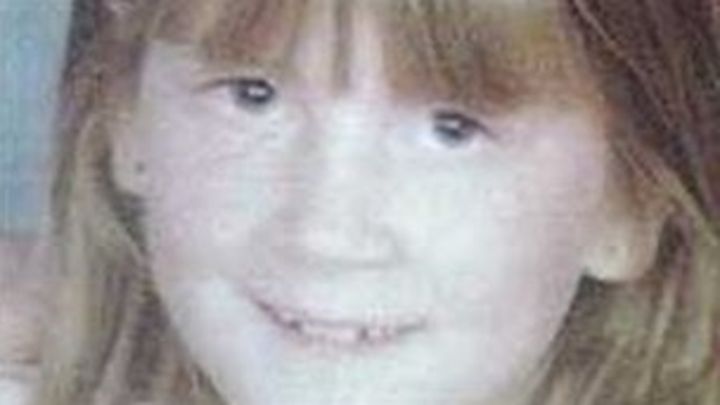
Raychel Ferguson who died in Belfast hospital after being transferred from Altnagelvin hospital
A LEADING health expert has said the hyponatraemia inquiry revealed “lies, deceit and cover-up” in the health service.
Professor Gabriel Scally also said the Department of Health could have saved the lives of some children whose deaths were investigated as part of the long-running investigation.
Mr Justice O’Hara’s final report found the deaths of four North of Ireland children – Derry girl Raychel Ferguson (9), Adam Strain (4), Claire Roberts (9), and Lucy Crawford (17 months) could have been avoided and doctors covered up failures in patient care. The children died between 1995 and 2003.
He also highlighted serious failings which the Department of Health said was a source of “shame for all involved in healthcare”.
Speaking to BBC NI’s Health Correspondent Marie Louise Connolly, Professor Scally, a former senior NHS doctor who was an adviser to the 14-year-long inquiry, said the department should have had proper systems in place.
He said: “This is a remarkable account of lies, deceit and cover-up, of negligence and of secrecy and deliberate obstruction.”
The medic said people were “not being held to account” and that there was a “toxic” relationship among some health professionals in Northern Ireland.
“I have seen it happen before but only in individual institutions or among individual teams,” he said.
“Here it seems to have been a widespread pattern almost across the province.”
Professor Scally added the department could have saved lives if it had been acting properly.
He said: “The Department of Health is not the health service, it is a department of state. It is a department to serve the people and serving the people means holding the NHS to account.
“That’s what they should have been doing and it doesn’t look to me like they did that.”
He also called for Northern Ireland’s chief medical officer, Dr Michael McBride, to speak publicly about the matter and reassure the public about how improvements are being made.
He added: “If it was me I would say, ‘I am sorry this happened and I am going to make it my professional duty for the rest of my career to make sure that this never happens again’.

Professor Gabriel Scally critical of hospitals
“The chief medical officer, if he was involved, should talk about that and be talking to the public and talking to the families about what he has learnt from that, and to take forward the recommendations and take forward change, he might very well be the best person because he knew it from the inside.”
The Department of Health acknowledged the failings highlighted by Mr Justice O’Hara’s report.
However, it pointed out that Mr Justice O’Hara agreed the health service environment had been transformed since the period he reviewed.
The department said: “Detailed work is continuing in response to the inquiry’s 96 recommendations and further details of this work will be made public in the near future.
“The latest update would have been made public by now, but relevant staff have been heavily involved in the department’s response to the Belfast Trust neurology patient recall.”
Tags:




